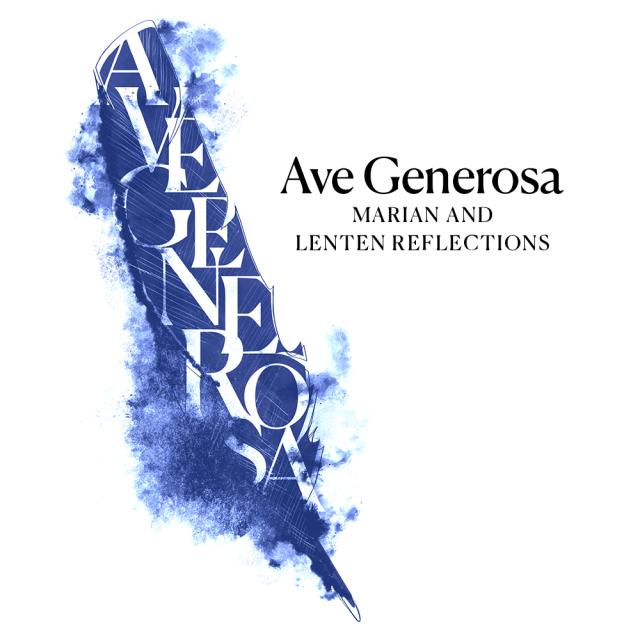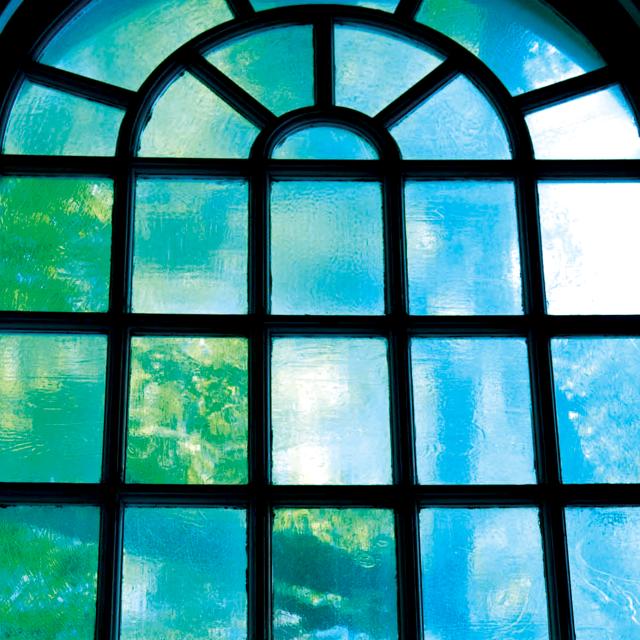A Case Against Despair: Six Questions for Author Christian Wiman

After a 20-year battle with cancer, celebrated poet and essayist Christian Wiman reflects on the importance of cultivating wonder, even in times of great suffering.
When Christian Wiman was 39 years old, he was diagnosed with a rare, incurable form of lymphoma and informed that he likely had five years left to live. In the nearly two decades since, the man who has been called “the most important Christian writer in America” (The Dish) and “the best devotional poet writing in English (Poetry) has spent much of his time living close to death — enduring multiple rounds of chemotherapy, a bone marrow transplant, and a series of experimental drugs that have managed to extend his life, month by month by month.
Even as Wiman journeyed through an extraordinarily difficult time, life continued to pull him relentlessly forward. He became a professor of religion and literature at Yale Divinity School, where he was both challenged and energized by his students. He leaned further into his life’s calling, writing and publishing numerous books of poetry and prose. And he experienced joy, including watching his twin daughters, born in 2010, grow into teenagers who ask such questions as “Why are you a poet? I mean, why?”
Wiman ruminates on this paradoxical aspect of life — how moments of joy and awe can surprise us even in the depths of profound anguish — in his latest book, Zero at the Bone: Fifty Entries Against Despair. A blend of poetry (his own and that of writers as diverse as Wallace Stevens, Emily Dickinson, and Lucille Clifton), memoir, literary analysis, and theological reflection, Wiman’s book remind us that when facing an incomprehensible mystery, sometimes the only thing we can hold onto is a sense of wonder.
In a poem that serves as entry 22, Wiman writes:
I love only those who seek with lamentation.
I love only those whose lives evince some timeless entire.
To weep is to see. To be is to bow.
I love only those who know a whole new naivete.
The title of your book is the last line of “A Narrow Fellow in the Grass,” by Emily Dickinson. Why did that poem resonate with you?
Someone asked me late in the writing of the book which Dickinson poem that phrase came from, and I couldn’t even remember! But when I looked it up — as often happens for me with these kinds of connections — I was stunned to find her describing a snake, since that’s an important image and symbol in the book as a whole. The phrase conjures for me that simultaneous feeling of stimulation and dread, pleasure and horror.
In your opening entry, you suggest “the only true antidote to the plague of modern despair is an absolute – perhaps even annihilating – awe.” What forms do you see despair taking in our world today? And what do you mean by an “annihilating” awe?
What forms do I not see despair taking in our world today? It seems so obvious to me that we are teetering on the edge of a terrible abyss. The abyss is spiritual, moral, psychological, cultural, environmental, on and on. I take my notion of awe or wonder from the Jewish theologian Abraham Joshua Heschel, who says it’s the key to all knowledge and all experience of God. The huge problems of our time are only going to be solved in the smallest of ways. In the act of people recovering consciousness moment by moment and passing that flame to others. And wonder — at love, at beauty, at devotion and hope, at the fact that we are alive at all — is the key to recovering consciousness.
In one of your final entries, you write about contemplating the meaning of suffering from the “cancer chair” where you received treatment. What has the vantage point of the cancer chair taught you about the relationship between suffering and joy?
Joy is quite distinct from happiness, and one of the ways this is truest is in the fact that we can feel joy in the midst of great suffering, but not happiness. In fact, I’ve known people whose capacity for joy was recovered only through suffering, which tore away their illusions of both themselves and the world. I’m speaking of suffering that doesn’t completely destroy a person, of course.
What is one thing you know for certain about where God is in our suffering?
There isn’t one thing I know “for certain” about God at all. I would just say that I have had the experience of God being very near in the midst of great suffering, and in a way that made the suffering bearable, meaningful. But I have also had the opposite experience, which is partly why I wrote a book that addresses despair.
When do you feel awe most deeply today? And how do these experiences of awe inform other parts of your life?
I am still, after all these years, left in awe by art. The psychoanalyst Jonathan Lear writes about a kind of gratitude that goes through the object of our perception—a piece of music, a painting or a poem—and lands beyond it. Not on the artist but on whatever spiritual energy enabled the work to exist at all, which for some of us is called God. I’m very familiar with that experience. I’m also often in awe of my students—the lives they are trying to seize, the good they are trying to do, their desire to know God. I’m quite serious about that, though I know they mostly feel themselves to be pretty lost and confused.
What did you learn about the relationship between poetry and awe while writing this book?
Without the experience of poetry in my life, I doubt I’d have religious faith at all. What writing this book did was expand my sense of the poetry that makes awe—and God—available.
To hear more from Wiman, please register to join us for Trinity Talks on March 9.
This interview has been edited for length and clarity.
Photograph by Danielle Chapman






